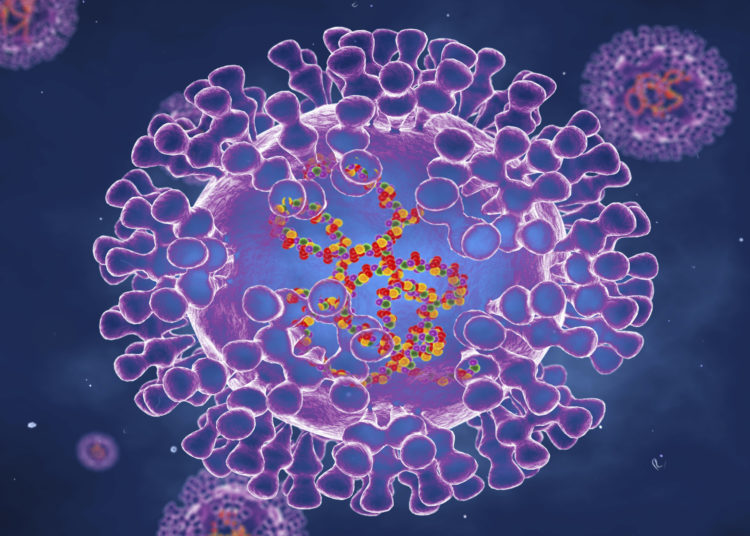Rotavirus is one of the leading causes of diarrheal disease in the world and is responsible for over 40 per cent of diarrhoea in children. It is the most frequent cause of severe diarrhoea, accounting for about 215,000 of the global 525,000 under-five mortality attributed to diarrheal diseases each year.
Health authorities have said that Nigeria has the second highest number of deaths from rotavirus, accounting for 14 per cent of all childhood rotavirus deaths worldwide. Annually, approximately 50,000 deaths occur among children under five years in Nigeria as a result of rotavirus infection.
As part of effort to tackle diarrhoea in children and save 50,000 of them from the clutches of death, the federal government recently introduced rotavirus vaccine into routine immunisation in the country.
The expectation is that the introduction of the vaccine would directly avert over 110,000 death in under five in the next 10 years. It is projected that while reducing the associated morbidity and mortality from the rotavirus infections, the rotavirus vaccine introduction also has the potential to avert over 110,000 deaths over a 10-year period.
Rotavirus vaccine is free, safe and effective at preventing diarrheal disease caused by the virus.
It is given orally and will be administered concurrently with the existing Routine Immunisation (RI) vaccines at six weeks, ten weeks and 14 weeks respectively.
Furthermore, rotavirus vaccine has been integrated with other diarrheal preventive strategies, such as exclusive breastfeeding in the first six months of life, Vitamin A supplementation, handwashing, sanitation, and other key household practices, case management including the use of zinc- ORS to prevent dehydration, continued feeding, and treatment services for diarrhea and other childhood diseases.
Vaccines are among the greatest advances of modern medicine. As a therapy, vaccines have slashed child mortality rate in half, saving millions of lives. It is the world’s safest method of protecting children from life-threatening diseases.
Vaccines are estimated to be one of the most cost-effective means of advancing global welfare. Some diseases that once impaired or killed thousands of children have been eradicated completely and others close to elimination, possibly due to safe and effective vaccines. They save time, lives and money.
Polio is one example of the great impact that vaccines have had around the world. It was once a most-feared disease, causing death and paralysis across the country, for instance. Former American President Roosevelt also had polio and was confined to a wheelchair.
Despite the progress made in vaccine development over the years, vaccine-preventable diseases like tuberculosis, measles and pneumonia continue to rank among the top killers of children under age five in developing countries. Each year, nearly 31 million children under five suffer from these diseases and many end up dying from them. Pneumonia alone claims the lives of more than 800,000 children every year. These are deaths that could be prevented with adequate vaccine coverage.
Access to routine immunisation, a powerful public health tool for improving child survival, is a basic right for all children. For Nigeria, reaching the zero-dose children is at the core of ensuring all children are reached with life-saving vaccines across the 774 LGAs in 36 states and the FCT.
Government, at all levels, with the support of donors and partners, especially GAVI has spent huge amounts to fulfil routine immunisation vaccines for the Nigerian children.
It is commendable that global vaccine alliance and other partners are doing a lot to support the country in ensuring Nigeria sustains the provision of basic cost effective interventions for children and vulnerable populations.
With the current health resource allocation at only four per cent of annual budgetary allocation, more than ever, authorities will need strong political will if we are to reach the 15 per cent minimum commitment.
In the meantime, rigorous governance and transparency in how money is allocated, released and spent are necessary to ensure that the limited resources available are used effectively where it is needed most.
As a newspaper, we consider the introduction of rotavirus vaccine as a big investment because of its substantial economic impact and number of lives that the country will save in the process.
We, therefore, urge parents and caregivers to leverage the introduction of the rotavirus vaccine to ensure that children are vaccinated against all vaccine preventable diseases. It requires the collective duty of all, including traditional and religious leaders.





